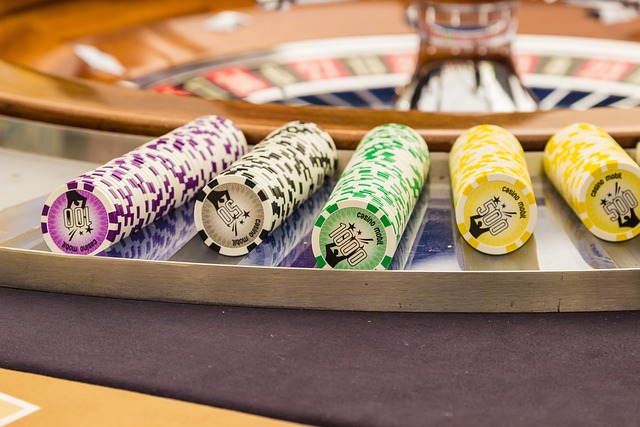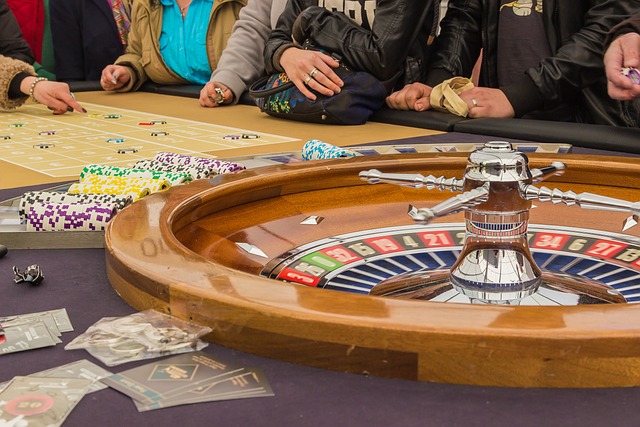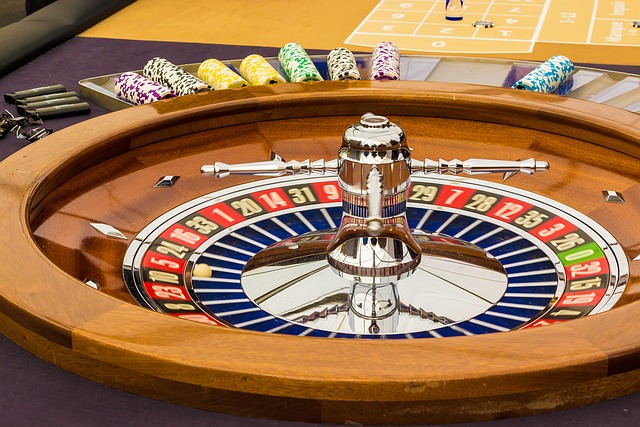Roulette is one of the most iconic and enduring games in the casino world. With its spinning wheel, fast-paced excitement, and variety of betting options, it attracts both new and seasoned players alike. But with its popularity comes a host of persistent myths and misconceptions. Despite the game’s simplicity and transparent odds, many players still believe in flawed strategies, lucky numbers, and betting systems that promise to beat the house. In this article, we’ll uncover the most stubborn roulette myths and explain why they continue to survive.
Myth 1: Red Is More Likely After a Streak of Black
One of the most common roulette myths is the belief that if the ball lands on black multiple times in a row, red is “due” to hit next. This fallacy, known as the Gambler’s Fallacy, assumes that past results influence future outcomes in a random game.
In reality, each spin is completely independent. The probability of red or black on a European roulette wheel remains close to 48.6% each time, regardless of what happened before. A streak of ten blacks may seem unlikely, but it doesn’t make red any more probable on the next spin. The wheel has no memory.
Myth 2: Betting Systems Guarantee Long-Term Wins
Players often rely on systems like the Martingale, where you double your bet after each loss in hopes of eventually recouping your money and making a profit. Others use the Fibonacci or D’Alembert systems to moderate risk while trying to gain an edge.
The problem is simple: no betting system can overcome the house edge. While these methods may produce short-term wins, they can also lead to massive losses when a bad streak hits. Casinos often enforce table limits precisely to prevent players from riding a system endlessly. In the end, betting systems offer illusion, not insurance.
Myth 3: The Wheel Can Be “Due” for a Specific Number

Some roulette players track numbers that haven’t appeared in a while, believing that certain numbers are “overdue” to hit. They create elaborate charts and use software tools to predict outcomes based on historical data.
However, roulette outcomes are determined by pure chance. There is no built-in cycle or pattern that forces a number to appear. While some wheels in physical casinos can develop imperfections (known as biased wheels), modern equipment is thoroughly tested and maintained to ensure randomness. In online roulette, results are governed by certified random number generators (RNGs), making tracking efforts meaningless.
Myth 4: Dealers Influence the Outcome
Another myth suggests that dealers can control where the ball lands, either by their spin technique or by aiming for specific areas of the wheel. This myth sometimes leads to accusations of manipulation or conspiracy when players lose frequently.
In truth, while experienced dealers may develop consistent spin mechanics, precision targeting in a live environment is nearly impossible. The ball’s path is affected by many variables—speed, bounce, deflectors, and gravity—making controlled landings unlikely. In reputable casinos, both physical and live-dealer roulette follow strict fairness protocols to ensure unbiased results.
Myth 5: Electronic or Online Roulette Is Rigged
A common belief among skeptics is that digital roulette games are fixed, especially if players experience long losing streaks. They suspect the RNGs are manipulated to prevent wins.
This myth arises from a misunderstanding of how online roulette operates. Licensed and regulated online casinos must use RNGs that are audited by independent agencies to ensure fairness. Game outcomes are random and cannot be tampered with by the player or the casino. While shady operators do exist, any major licensed platform will adhere to strict compliance standards. The appearance of a rigged game is often just a result of natural variance.
Myth 6: You Can Spot “Hot” and “Cold” Numbers

Similar to tracking overdue numbers, some players watch for “hot” numbers that have appeared frequently in a short period. They then bet on those numbers, thinking they’re somehow more likely to hit again.
This is another version of the recency illusion. Because roulette is random, past outcomes don’t predict future results. Hot and cold numbers are statistical noise, not indicators of trends. Believing in them often leads to confirmation bias, where players remember their wins and forget the losses.
Why These Myths Persist
Despite access to information and the growth of responsible gaming, roulette myths remain widespread for several reasons:
- Psychological comfort: Believing in systems gives players a sense of control
- Anecdotal wins: Occasional success using flawed strategies reinforces belief
- Community lore: Casinos and gambling forums often perpetuate myths unknowingly
- Entertainment factor: Many players enjoy the drama and ritual of following streaks and patterns
Ultimately, these myths appeal to the human tendency to find patterns in randomness, even when none exist.
Final Thoughts
Roulette is a game of chance, governed by mathematics and probability—not superstition or strategy tricks. While the myths that surround it are compelling, they’re not grounded in truth. The best way to enjoy roulette is to understand the odds, manage your bankroll, and view it as entertainment—not a system to beat.
By letting go of these persistent myths, players can make more informed decisions and enjoy the game for what it is: a thrilling, unpredictable ride driven entirely by luck.
